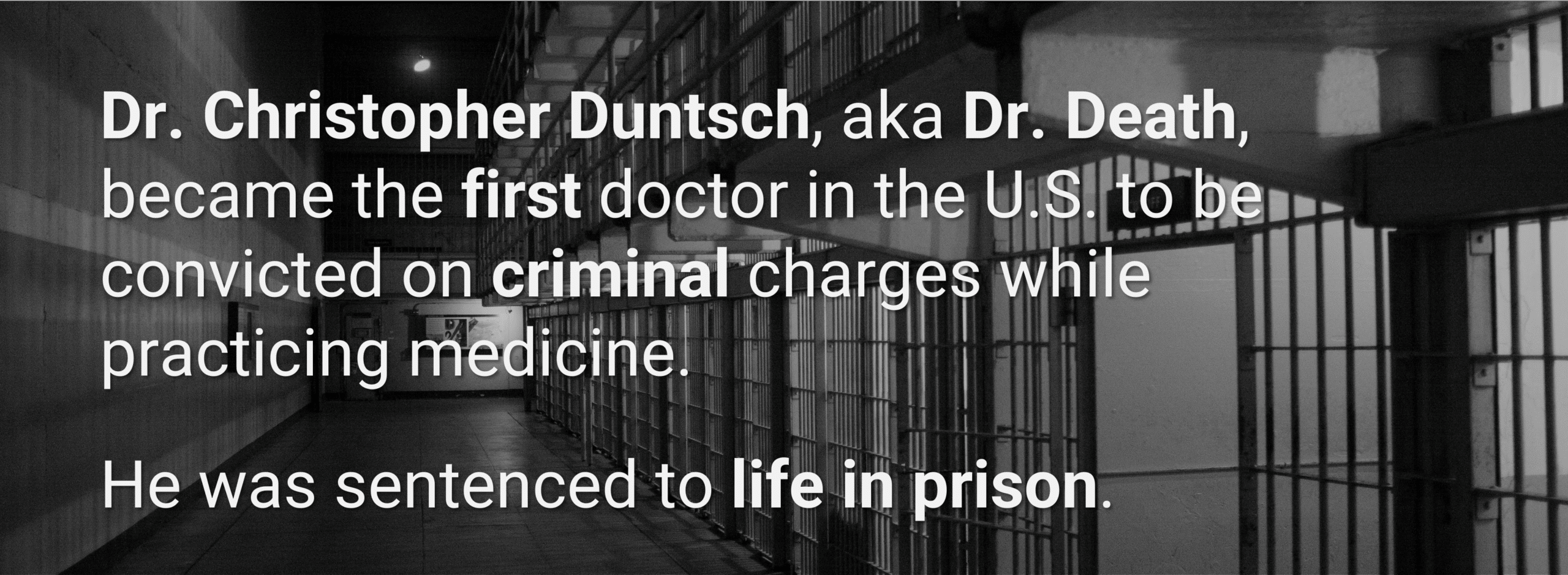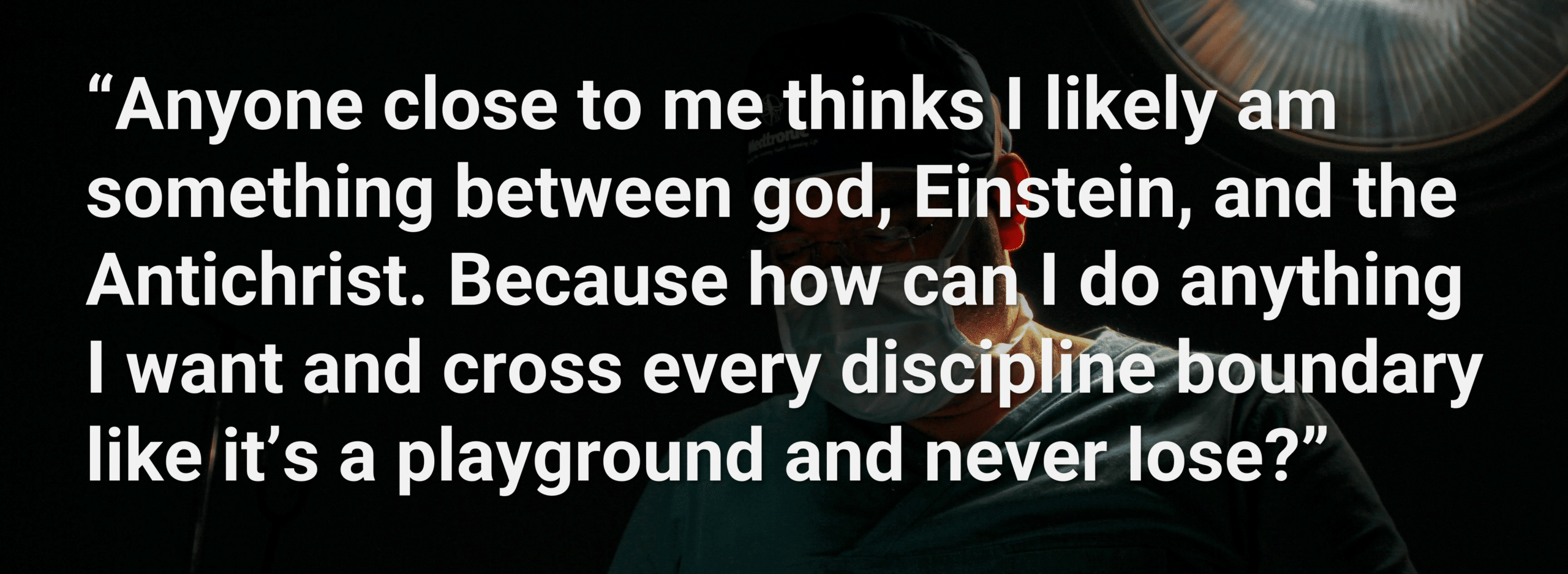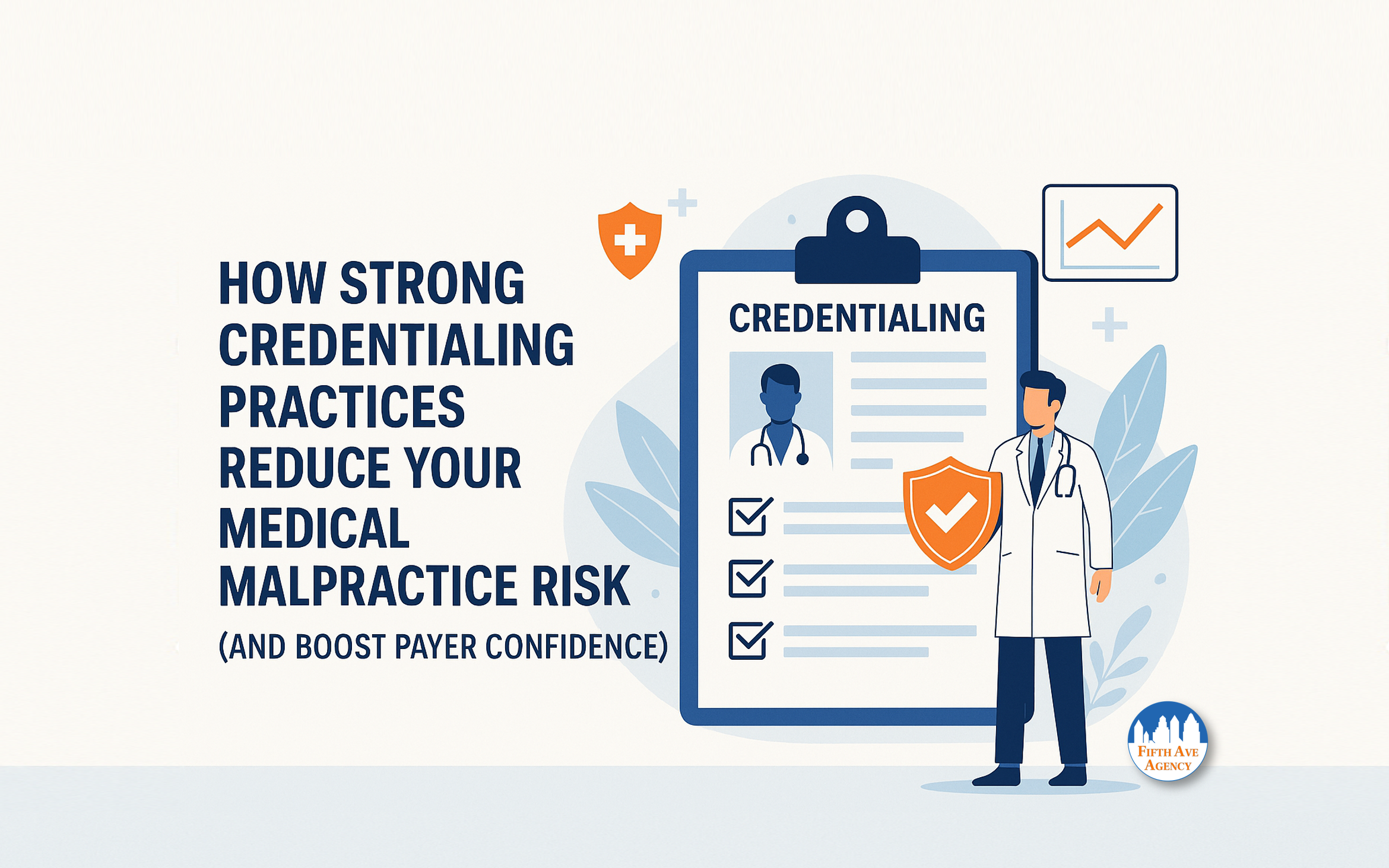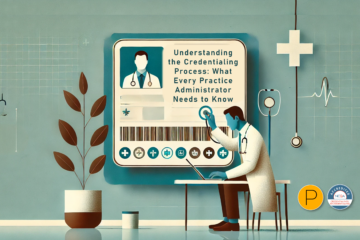The Hippocratic Oath is an oath of ethics taken by physicians who pledge to practice medicine by a specific set of standards. The oath states in its purest form: first, do no harm. However, Dr. Christopher Duntsch must not have felt obligated to provide care that meets the expected standards of medical practice.
Dr. Duntsch’s actions across operating rooms lent him the nickname, Dr. Death. Was he maliciously injuring his patients? Was he incompetent? If so, how was he allowed to continue practicing medicine? Did the system fail, or did the system act to protect itself? All these questions may never be satisfactorily answered, but what is certain is that 33 patients were severely injured under Dr. Christopher Duntsch’s care, and two died. Dr. Death lived up to his nickname.
Meet Dr. Christopher Duntsch, aka Dr. Death
Christopher Duntsch completed neurosurgery residency programs at the University of Tennessee Health Science Center. He then completed a spine fellowship program at the Semmes-Murphey Clinic in Tennessee. In Dr. Duntsch’s fourth year of residency, allegations were made that Dr. Duntsch had operated under the influence of cocaine. Dr. Duntsch was required to complete an impaired physician’s program before being allowed to return to work.
The training programs Dr. Duntsch completed did not disclose any concerns with Dr. Duntsch, nor did they disclose his time in rehab to Dr. Duntsch’s future employers. It is possible that training program directors and department chairs feared lawsuits if they disclosed information regarding trainees’ performance despite having releases from trainees that free them of litigation risk.
Dr. Death: A History of Harm
Dr. Duntsch’s first full-time job was at Baylor Regional Medical Center in Plano, Texas (now Baylor Scott & White Medical Center in Plano and commonly referred to as Baylor Plano), where he found work as a minimally invasive spine surgeon. It was here that Dr. Death’s reputation began to flourish.
Kenneth Fennell was the first patient Dr. Duntsch operated on at Baylor, but he was not the last. Dr. Duntsch worked on the wrong part of Fennell’s back, resulting in Fennell needing a second operation that Dr. Duntsch also performed. Dr. Duntsch removed a nerve that left Fennell paralyzed from the legs down.
More surgical errors followed. Ligaments that the knife should not have touched were removed during surgery. Dr. Duntsch severed major arteries during one back operation. Another patient died when one patient died after suffering acute blood loss under Dr. Duntsch’s knife. Eventually, the Baylor administration told Dr. Duntsch that he would never operate at their facility again. Dr. Duntsch resigned before he could be terminated.
Dr. Death: Different Hospital, Same Story
Dr. Duntsch then joined the Dallas Medical Center in Farmers Branch, where he only lasted one week. In that short time, one patient died under his care, and he left another severely maimed — paralyzed in an operation where Dr. Duntsch put screws into muscle instead of bone.
After the Dallas Medical Center administration pulled his temporary privileges, Dr. Duntsch left and eventually went to two more Texas hospitals — and more victims.
- Dr. Duntsch left surgical equipment in one patient’s body,
- drilled into another patient’s spinal cord, leaving that person to suffer severe paralysis until he died in 2021, and
- sewed a sponge into a patient’s throat, causing a sepsis infection.
None of this was ever reported to the NPDB.
Dr. Duntsch continued to receive privileges at multiple hospitals and one out-patient free-standing surgery center despite the following:
- a history of unheard-of complications such as massive blood loss, malpositioned hardware, vertebral artery injuries, screws through nerves,
- drug paraphernalia found in his medical office,
- cocaine found in his medical office,
- physicians and lawyers calling hospitals, begging them to strip his privileges, and
- multiple medical board complaints by patients and physicians.
Source: Kay Van Wey, A Patient’s Journey, Lambs to the Slaughter, NAMSS presentation
The NPDB (National Practitioner Data Bank) contains information that should help prevent healthcare providers from moving across different states without disclosing past professional offenses that may have resulted in medical malpractice. When Dr. Duntsch was on the verge of being terminated, he was allowed to resign instead. However, voluntary resignations must be reported to the NPDB; Dr. Duntsch’s was not.
If a hospital takes corrective action for less than 30 days, it may avoid reporting requirements. It is unclear if any of Dr. Duntsch’s employers took these shortcuts to avoid being sued by Dr. Duntsch.
Whenever Dr. Duntsch faced termination, he was allowed to resign. It is a common misperception that providers may resign and avoid reporting to NPDB (the National Practitioner Data Bank (NPDB) contains information that prevents health care providers from moving from state to state without disclosing past professional offenses that may have resulted in medical malpractice claims).
This complex issue should be examined extensively using common sense and direction from legal experts.
Dr. Death and the Healthcare Quality Improvement Act (HQIA)
In 1986, the federal Healthcare Quality Improvement Act (HQIA) created the NPDB and was passed to extend immunity to good faith peer review of physicians and dentists.
The HQIA establishes two instances when a hospital must file a report with the NPDB:
- when it takes a professional review action that adversely affects the clinical privileges of a physician for a period of longer than 30 days and
- when it accepts the surrender of clinical privileges of a physician (i) while the physician is under investigation by the entity relating to possible incompetence or improper professional conduct, or (ii) in return for not conducting such an investigation or proceeding (42 U.S.C. S 11133(a)(1)(B)). (taken from Gray Reed & McGraw PC).
Voluntary resignations must be reported to the NPDB under certain conditions. Dr. Duntsch’s resignation was not reported by any of the hospitals from which he resigned. It is uncertain if Dr. Duntsch’s employers took advantage of a perceived loophole in the law or did not report him.
Dr. Death: Stopping the Menace
Thankfully, two of Dr. Duntsch’s former colleagues filed complaints with the Texas Medical Board and applied consistent pressure on the board to review the circumstances surrounding Dr. Duntsch. Dr. Kirby (who was called in to do repair surgery on Dr. Duntsch’s patients) wrote a detailed complaint to the Texas Medical Board, calling Duntsch a “sociopath” who was “a clear and present danger to the citizens of Texas.” Under heavy lobbying from Dr. Kirby and Henderson, the Texas Medical Board finally suspended Duntsch’s license on June 26, 2013. The investigation took over a year to complete, allowing Dr. Duntsch more time to injure patients.
Dr. Duntsch’s medical license was revoked on December 6, 2013. Dr. Duntsch’s final surgery resulted in the patient being left with only one vocal cord because he severed the other one was severed during the operation. The patient also suffered permanent damage to his esophagus and partial paralysis.
Dr. Death: Convicted
The Dallas County district attorney’s office charged and convicted Dr. Christopher Duntsch on one count of injury to an elderly person, demanding a harsh sentence in Texas.
A small measure of justice for the victims was attained when criminal charges were filed against Dr. Christopher Duntsch:
- 6 felony counts of aggravated assault with a deadly weapon
- 5 counts of aggravated assault causing serious bodily injury
- 1 count of injury to an elderly person
In 2017, Dr. Duntsch was sentenced to life in prison. He became the first doctor in the United States to be convicted on criminal charges while practicing medicine. He will be eligible for parole in 2045 when he is 74.
Dr. Death: Supreme Confidence
Dr. Christopher Duntsch, Dr. Death, was accused of injuring 33 out of 38 patients in less than two years. Two of his patients died while under his care.
“Anyone close to me thinks that I likely am something between god, Einstein, and the Antichrist. Because how can I do anything I want and cross every discipline boundary like it’s a playground and never lose? But unfortunately, despite the fact that I am winning, it is not happening fast enough.
What is the problem, Kim? It is simply that everyone else is human and there is nothing I can do about it. And so, I pick and choose my humans and try to help them and show them.”
Dr. Christopher Duntsch aka Dr. Death
Quote Source: Kay Van Wey, A Patient’s Journey, Lambs to the Slaughter, NAMSS presentation
Why We Need Misconduct Reporting
A neurosurgeon can bring in millions of dollars in revenue for a hospital. The average amount of revenue is $2.4 million. According to one attorney associated with the Dr. Duntsch case, it can occur when a hospital allows its troubled physicians to resign before they can be fired. A terminated physician may sue the hospital for wrongful termination, and perhaps this fear of litigation played into the reason Dr. Duntsch was not initially reported for his negligence.
Even as far back as his training days, proper reporting may have expedited stopping Dr. Duntsch and perhaps even helped avoid injuries or even the death he is convicted of causing. However, the fear of being sued may have kept these medical organizations from being transparent and disclosing facts that could have better protected patients from Dr. Death’s negligence.
Another factor to consider is that if the Texas Medical Board had a speedier complaint evaluation process, perhaps Dr. Duntsch’s medical license might have been revoked sooner. Dr. Duntsch’s surviving patients must forever deal with the side effects of his treatment. Paralysis, the inability to eat, and excruciating pain are a few symptoms they must endure.
Although it may be of little comfort to Dr. Death’s survivors, Dr. Christopher Duntsch can no longer harm patients, confined as he is to a well-deserved prison cell.
More information about Fifth Avenue Healthcare Services
Fifth Avenue Healthcare Services is a NCQA Credentialing Accredited family of healthcare companies. Sister companies include 5ACVO (credentialing and primary source verification specialists), Fifth Avenue Agency (MPLI and medical malpractice insurance specialists), and Primoris Credentialing Network (credentialing and provider enrollment specialists with 54+ health plan and network provider enrollment options).
For information on Fifth Avenue Healthcare Services, please visit FifthAvenueHealthcareService.com or Contact Us.

